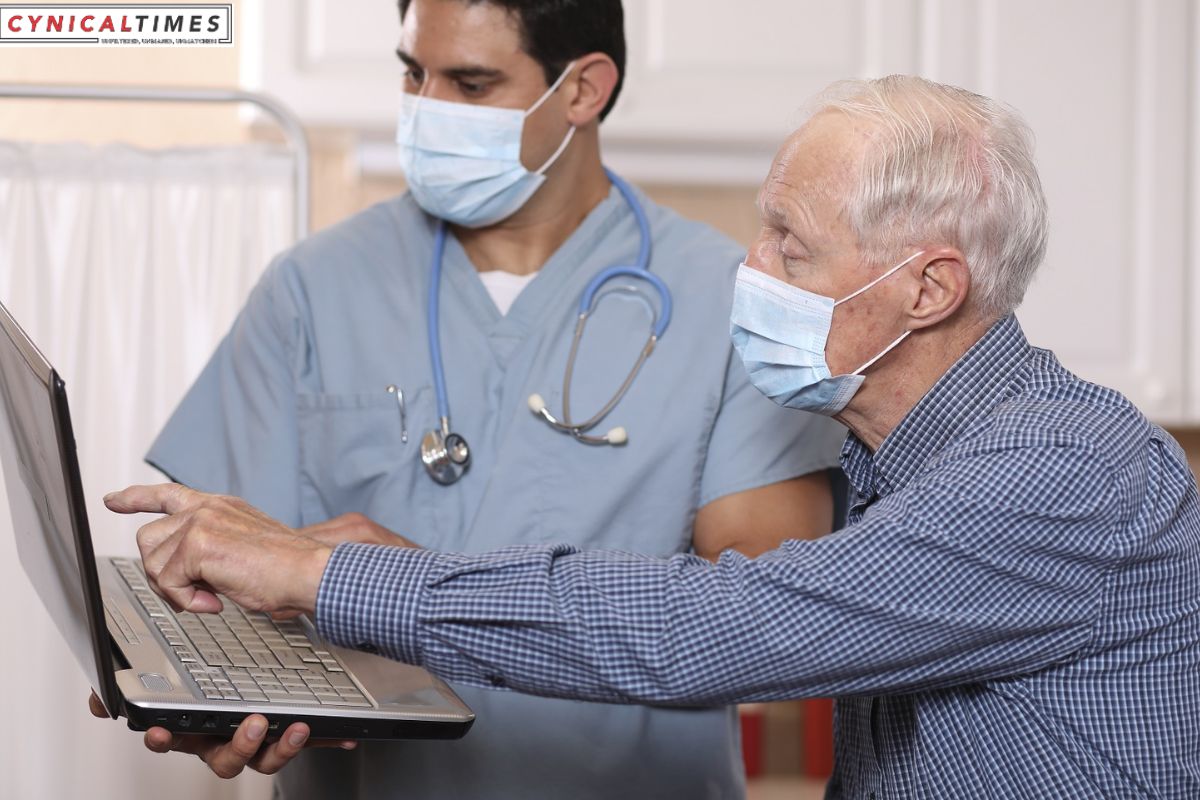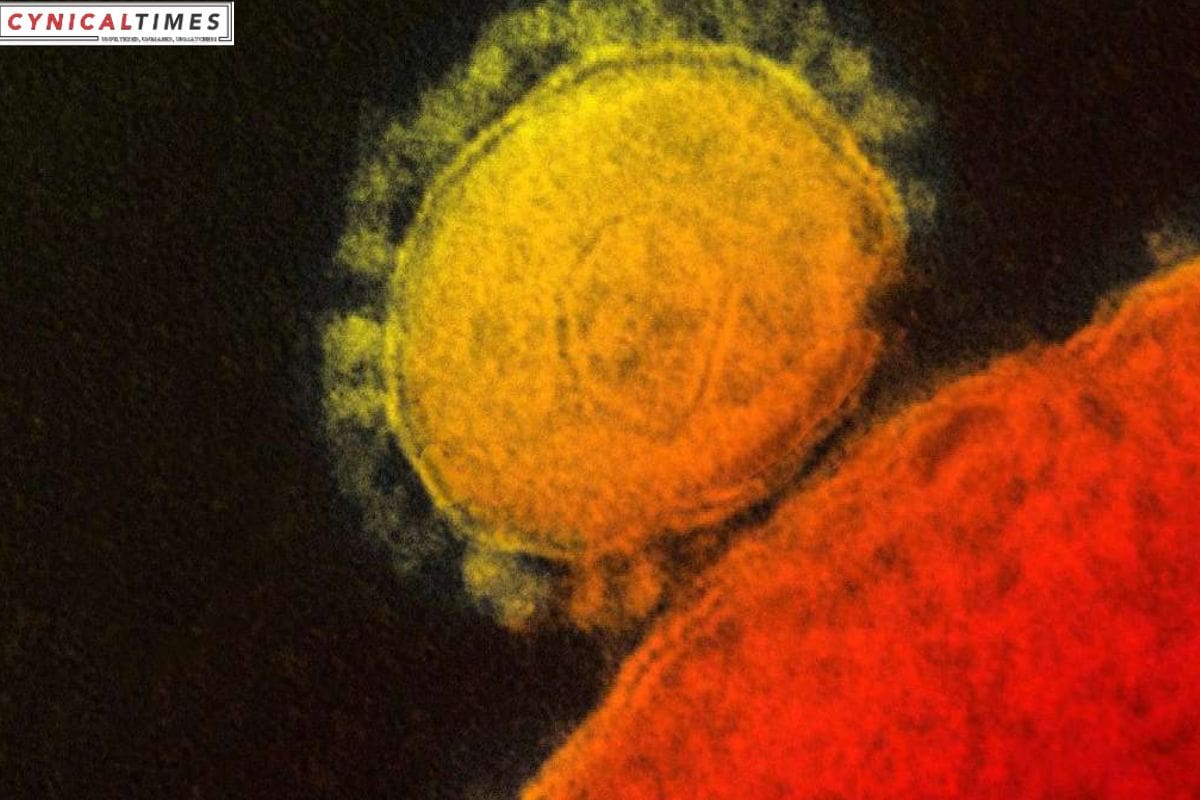Utah Doctors Bring Hope Amidst COVID 19 Challenges: Even though the COVID-19 virus changes constantly, Utah doctors are giving people hope. In a recent talk, Dr. Andrew Pavia, the well-known head of the University of Utah’s Division of Pediatric Infectious Diseases, said that the ability of the virus to change form is a big problem for doctors.
Now that a new COVID-19 vaccine is available, there are some reasons to be hopeful. Dr. Pavia and other University of Utah Health experts look into the problematic world of viruses and the highly anticipated vaccine.
Dr. Pavia shows how difficult three kinds of Omicron are, with a particular focus on the dangerous “Eris.” This subvariant is hard to beat because its genes have changed more than 30 times. But recent tests show that the new vaccine works to stop the virus from spreading, which is good news. It’s good news that this vaccine will be ready in a week.
“Eris” spreads more slowly than other viruses, says Dr. Pavia. The new shots are substantial barriers that stop the sickness from spreading.
The Chief Medical Operations Officer, Dr. Russell Vinik, has released some scary numbers showing how COVID-19 cases and hospitalizations have grown sharply. At the beginning of June, there were only 25 confirmed cases at the University of Utah Health Centers. But at the beginning of September, a shocking 200 patients and a sharp rise in hospital visits were recorded.
The only good thing about this dire situation is that we now know that most sick people still haven’t been vaccinated. Dr. Vinik keeps saying that vaccines work and that the extra booster shot makes it much less likely that someone will get sick or need to go to the hospital.
Pharmacy Chief Choudhary has said they will stop having mass vaccination clinics and make it easy for people to get these essential booster shots at stores and doctors’ offices. People as young as six months old are qualified, and Choudhary wants people who get a flu shot every year to think about getting the new booster.


ALSO READ: Moderna Vaccine Production Shift Down: Focus on Growth in a Post-Pandemic Era
Dr. Pavia thinks that the side effects of the planned shots will be mild, like arm pain and flu-like symptoms. Myocarditis is a rare disease of the heart that has been linked to older vaccines. New data show that the risk of getting it has dropped significantly, which is good news.
In the background of this talk is the idea of “herd immunity,” which is a lofty but vital goal to stop diseases from spreading within communities. Dr. Pavia says it will be hard to get a 90% vaccine rate, but it could cut the effects of the virus by a lot if it happens.
The last thing the group said was that an RSV (Respiratory Syncytial Virus) vaccine will soon be made especially for babies and people over 60. Even though Dr. Pavia doesn’t know the exact launch date yet, he is full of hope for the future. RSV is a lung disease that is especially dangerous for kids. This vaccine is an excellent way to protect against it. Pregnant women are wisely told to think about getting vaccinations to keep their future children safe.
The world has a lot of uncertainty, but these medical breakthroughs give us hope. They show that COVID-19 and other lung illnesses will soon have better defenses.
Our Reader’s Queries
What are the challenges of COVID-19?
Our study revealed that the COVID-19 pandemic has brought about five major challenges. These include limited direct contact with people, restricted movement and travel, a shift in active lifestyle, feelings of boredom and monotony, and uncertainty about the future.
How did you cope up with the pandemic situation?
Sharing our troubles with a trusted friend or family member can be a simple yet effective way to ease our burdens. Keeping a diary is another option. By confiding in someone, we gain a sense of relief and clarity about our situation and the emotions that accompany it. This can help us better understand and cope with our struggles.
What you feel during the pandemic?
The ongoing COVID-19 pandemic can trigger a range of negative emotions such as stress, anxiety, fear, sadness, and loneliness. Unfortunately, mental health disorders like anxiety and depression can also become more severe during this time. It’s important to acknowledge and address these feelings to maintain your overall well-being.
How did people cope with the pandemic?
In addition to seeking professional help, there are other strategies that can help manage stress and anxiety. Engaging in activities and hobbies like DIY projects, exercising, walking, and spending time in nature can be beneficial. Keeping routines and taking things one day at a time can also help. However, it’s important to note that some individuals may resort to avoidant coping strategies like drinking alcohol and binge eating. It’s crucial to recognize these behaviors and seek support if needed.

